Doll Collection Storage: Proven Tips to Preserve and Display
Doll collecting is more than just a hobby—it’s a journey that bridges generations, preserves cultural history, and celebrates artistic craftsmanship. Every doll tells a story,

Reshoring manufacturing—moving production back to the United States—has emerged as a crucial strategy for reducing operational vulnerabilities, enhancing product quality, and meeting the demand for American-made goods. Global disruptions in recent years have prompted manufacturers to reconsider the stability and advantages of domestic production. Beyond cost considerations, reshoring also helps businesses secure supply chain control, shrink time-to-market, and meet consumer expectations for transparency.
This article explores the key benefits of reshoring manufacturing, including job creation, quality improvements, and supply chain resilience. We’ll also address common challenges, such as workforce training and the initial expenses needed to modernize infrastructure. Whether you aim to safeguard your operations, deliver top-notch products, or support local communities, reshoring provides a transformative path to long-term success.
Reshoring manufacturing offers strategic benefits that go far beyond simple price comparisons. By bringing production stateside, companies can ensure quality, strengthen operations, and fulfill growing consumer expectations for reliable, US-made products. Below are some of the most compelling advantages.
Reshoring bolsters local communities by generating employment across skill levels, fueling sustained regional growth:
Beyond contributing to workforce development, reshoring can lead to revitalized local economies by increasing consumer spending power and encouraging further business investment.
Relying on manufacturing overseas often exposes companies to geopolitical tensions, trade barriers, and logistical slowdowns. Reshoring relieves these vulnerabilities by simplifying and localizing production:
By relocating manufacturing closer to home, companies enjoy greater stability, responsiveness, and control throughout the production process.
When your manufacturing is domestic, you have tighter oversight and can ensure meticulous quality monitoring:
Proactive quality management can lower defect rates and boost brand credibility, creating trust among consumers that expect American-made excellence.
Though labor costs may be higher in the US, hidden expenses can accompany outsourcing abroad. Reshoring uncovers savings and efficiencies that could tip the balance:
Weighing the total cost of ownership—logistics, quality, and potential geopolitical shifts—shows how reshoring can align cost and sustainability for many manufacturers.
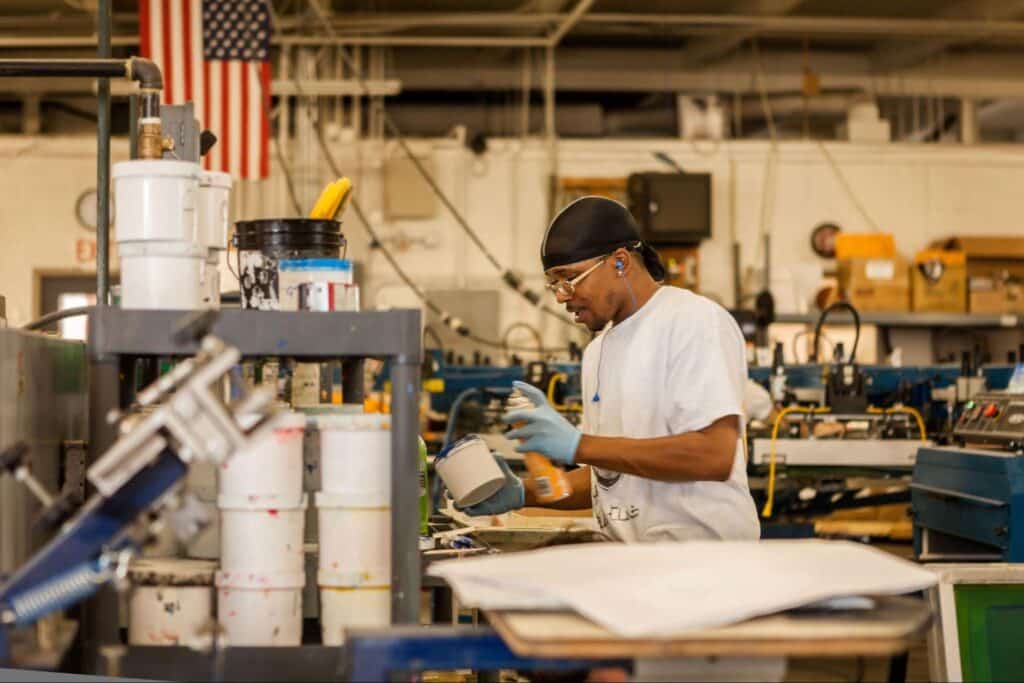
Reshoring is more than a corporate strategy; it’s a potent engine for local economic growth. By revitalizing manufacturing operations at home, businesses invigorate the broader community, supporting both regional industries and public services.
Reshoring often triggers increased demand for regional suppliers, raw materials, and creative partnerships:
To keep pace with advanced manufacturing methods, companies collaborate with educational institutions to nurture talent:
Reshoring’s broader societal contributions include higher tax revenues for infrastructure, enhanced community services, and general economic uplift. As manufacturing rebounds, communities reclaim their proud industrial heritage, forging a resilient future less reliant on global volatility.
A prime illustration of reshoring’s potential can be found in Pioneer Plastics, based in Dixon, KY. With over 40 years of industry experience, Pioneer Plastics exemplifies how domestic manufacturing creates both customer and community value:
Equally important, Pioneer Plastics has forged strong partnerships with local suppliers and educational institutions, fostering skill development and career growth for community members. By training new professionals in engineering-grade plastics and offering production services under one roof, they streamline the path from concept to completion. These collaborative efforts not only boost the company’s capacity but also reinforce the local workforce, showcasing how reshoring can drive sustained development and industry leadership.
Reshoring can also contribute to environmental benefits by reducing transportation emissions and potentially improving adherence to eco-friendly manufacturing practices:
Producing goods closer to consumption points can help decrease transportation emissions and fossil fuel consumption:
Stricter US environmental standards can encourage greener manufacturing methods:
A “Made in the USA” label resonates with buyers who value sustainability. It signals minimized shipping footprints, reliable labor standards, and better opportunities for companies to document their production processes in real time. However, the actual environmental benefits depend on the specific practices and regulatory standards implemented at the reshored facilities.
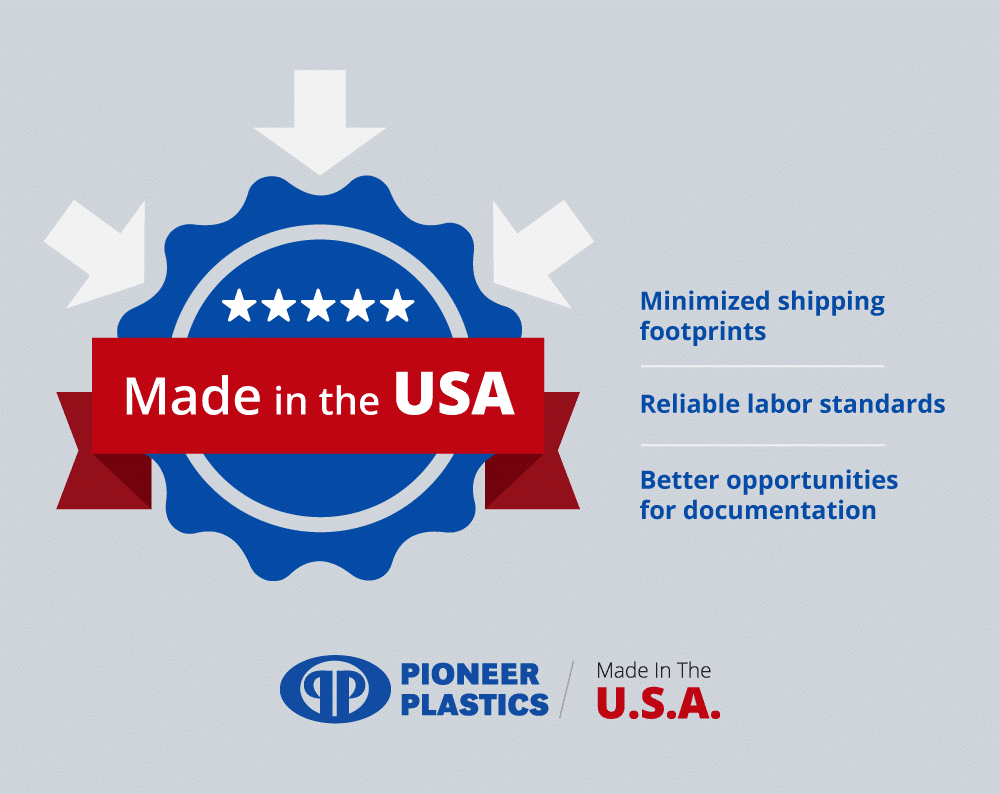
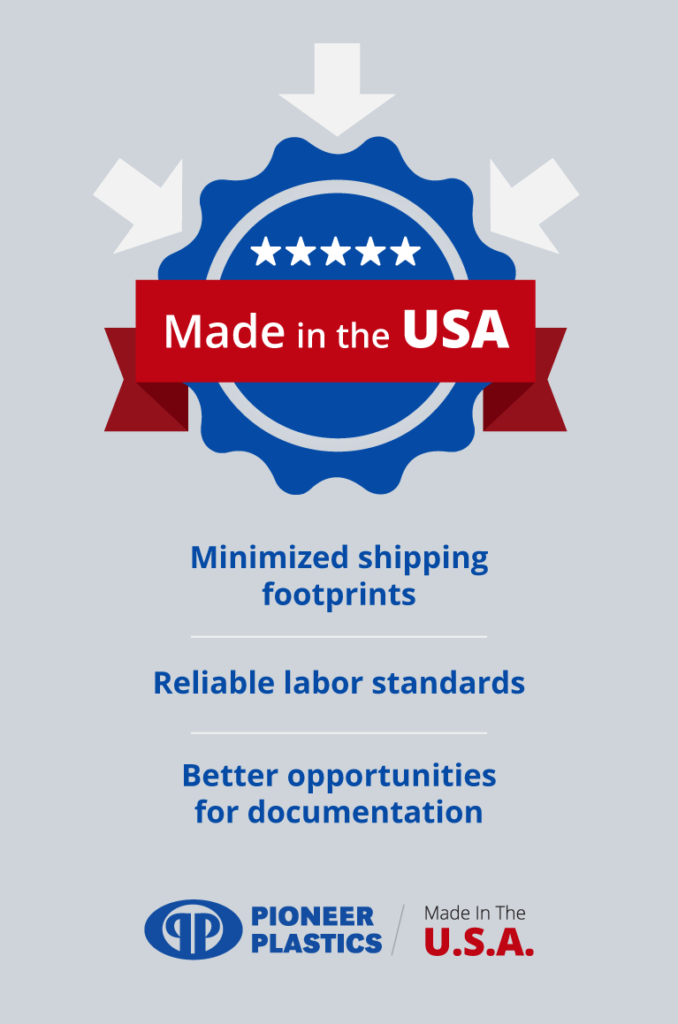
Despite its advantages, reshoring brings certain hurdles—particularly in labor costs and infrastructure investment. Yet, proactive measures can transform these challenges into growth opportunities.
Domestic production may entail immediate financial demands for wages, modernization, and automation. Strategic measures can offset these investments:
Over time, fewer shipping disruptions, lower defect rates, and closer quality control can deliver long-term returns that make reshoring financially sound.
A shortage of skilled labor in certain areas may curtail manufacturing’s growth potential. Businesses can work with local educational entities to maintain a robust talent pipeline:
To compete with global efficiencies, domestic manufacturers can harness state-of-the-art equipment:

Reshoring manufacturing empowers businesses to minimize supply chain disruptions, improve product quality, and bring production closer to end users eager for transparency. Beyond mere cost comparison, it creates a resilient operational framework, enabling brands to remain competitive amid rapidly shifting markets.
Examining the hidden costs of offshoring—such as shipping delays, international trade barriers, and additional coordination complexities—makes a compelling case for relocating operations back home. Reshoring meets consumer demands for US-made reliability and supports the broader American economy, enabling businesses to flourish internally while benefiting local communities.
For companies looking to secure supply chain stability and deliver top-tier American products, reshoring stands as a powerful solution. By partnering with a seasoned domestic manufacturer equipped for custom injection molding and tool building, organizations can optimize production and capitalize on a thriving “Made in the USA” market.
Ready to start your journey? Contact us now to discover how reshoring can accelerate growth and reshape your manufacturing strategy.
The information provided in this content is for general informational purposes only and should not be considered professional advice. It is advisable to consult with a qualified industry professional before taking any action based on this information. The team at Pioneer Plastics is here to assist you with any questions you may have.

Doll collecting is more than just a hobby—it’s a journey that bridges generations, preserves cultural history, and celebrates artistic craftsmanship. Every doll tells a story,
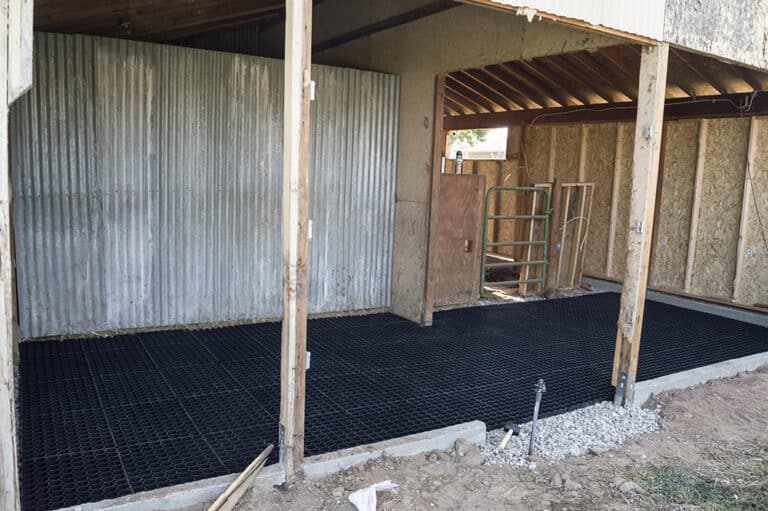
Horse paddock grids reduce mud tracked into barns but are they worth the money? Learn why smart horse owners make this worthy investment.

In the visually driven marketplace of the food industry, clear plastic containers are more than just a means to an end; they are a pivotal
